
What is EMDR for Trauma? How Can It Help Me?
EMDR for trauma is a type of psychotherapy that enables people to heal from the symptoms and emotional distress that are the result of trauma or adversities such as issues of abuse, bullying, domestic violence, grief, abandonment, and attachment wounds.

How to Cope with Anxiety Caused by Things Out of Your Control
While we can't necessarily stop our brains from perceiving “things that are out of our control” as danger that will trigger anxiety, we can control our responses once anxiety shows up and we can also retrain our brains to not perceive a lack of control as anxiety.

The Sunday Scaries
Sunday evening can feel like time where you are just waiting for that inevitable moment when the weekend is over, but Sundays also have potential to be relaxing and fun.
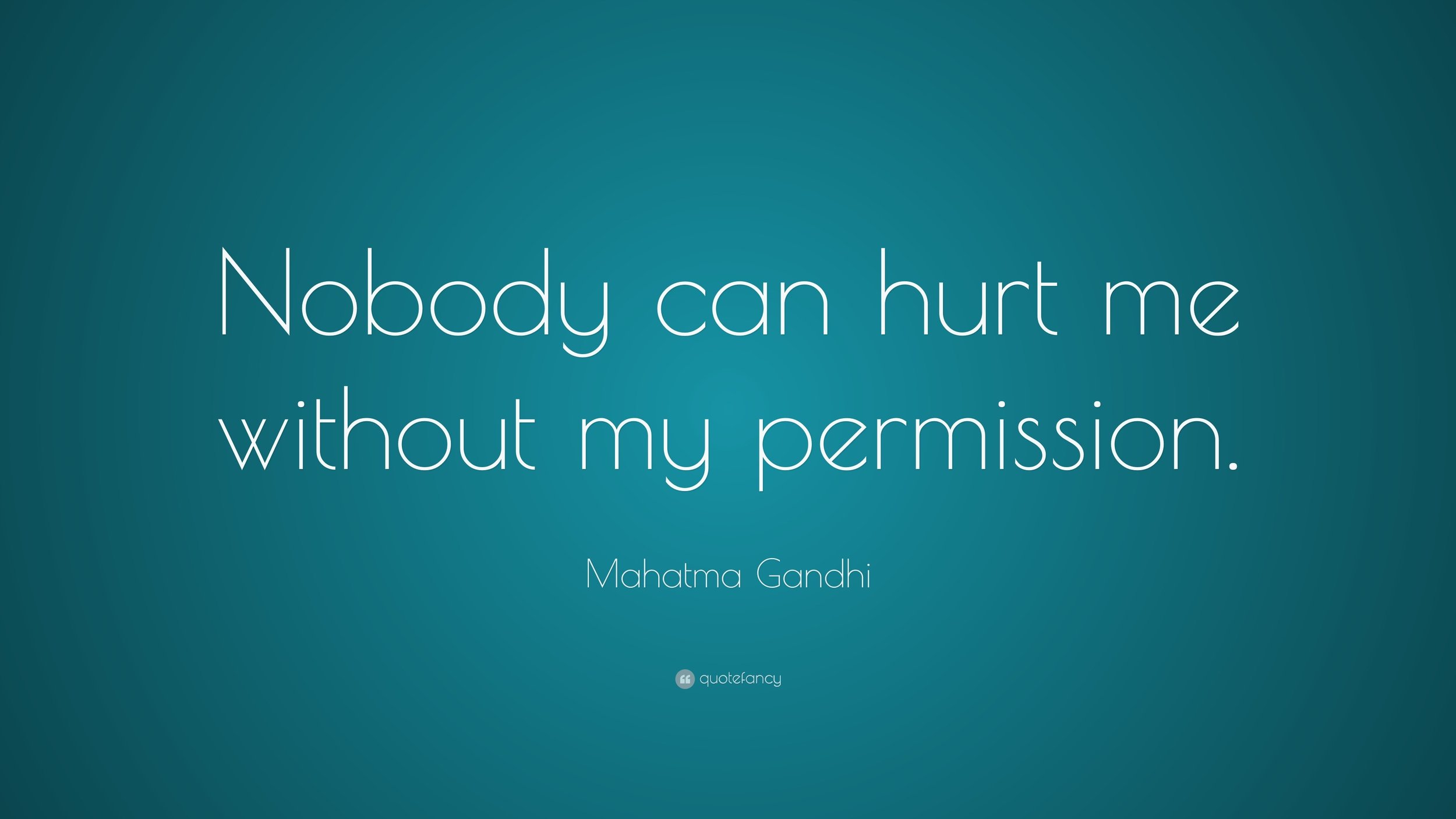
Ghosting
Getting ghosted doesn’t usually feel good, and it can be hard to get closure without having an idea of what happened or why.
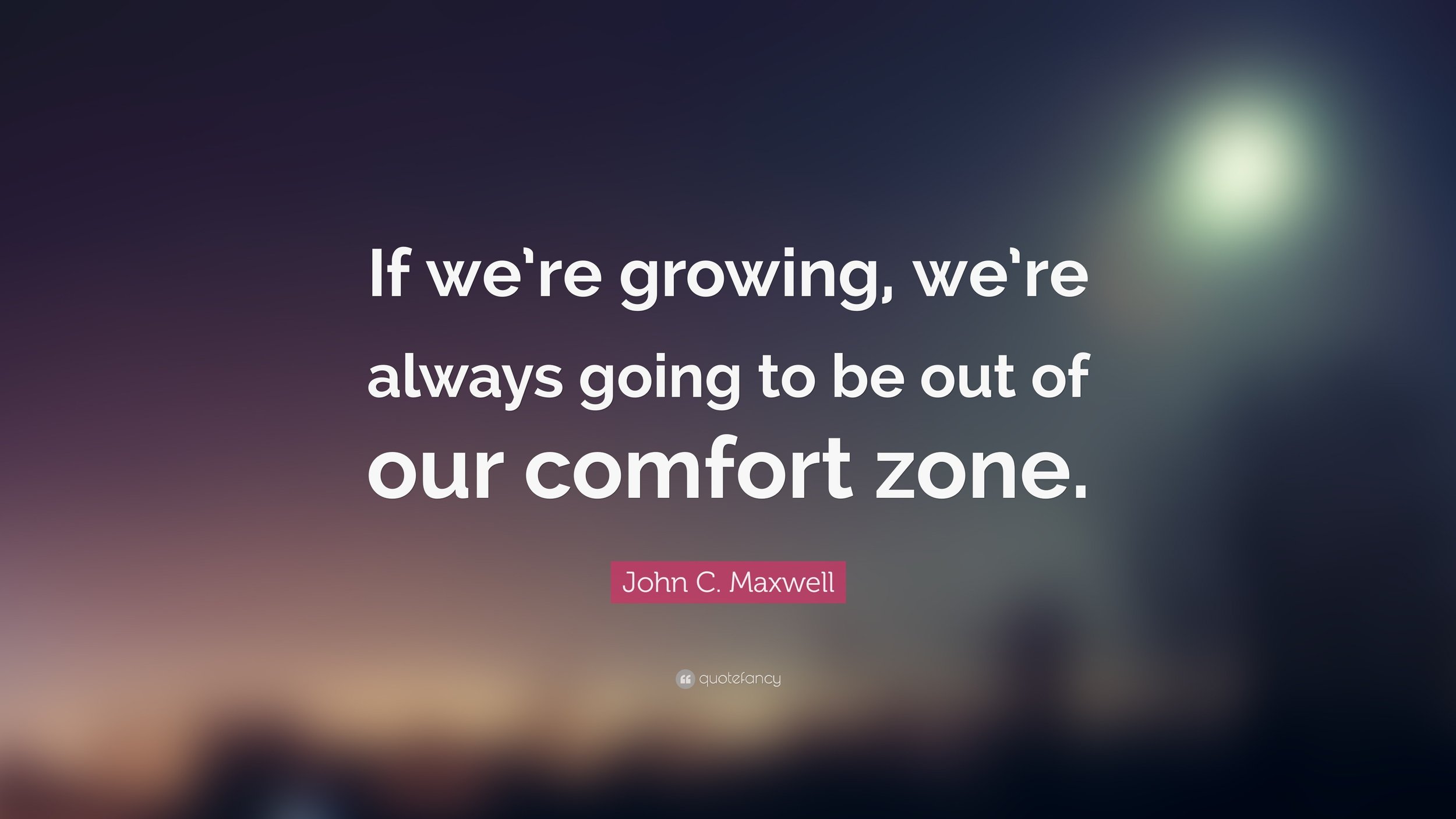
How To Help Kids When Big Emotions Happen
When individuals are struggling with emotional regulation, their emotions feel very out of control to them. In young children, this can look like throwing tantrums, refusal behaviors and excessive worrying. Struggling to regulate emotions is pretty common, even us adults struggle with it at times. However, it is pretty easy to teach kids skills which help them to regulate their emotions.
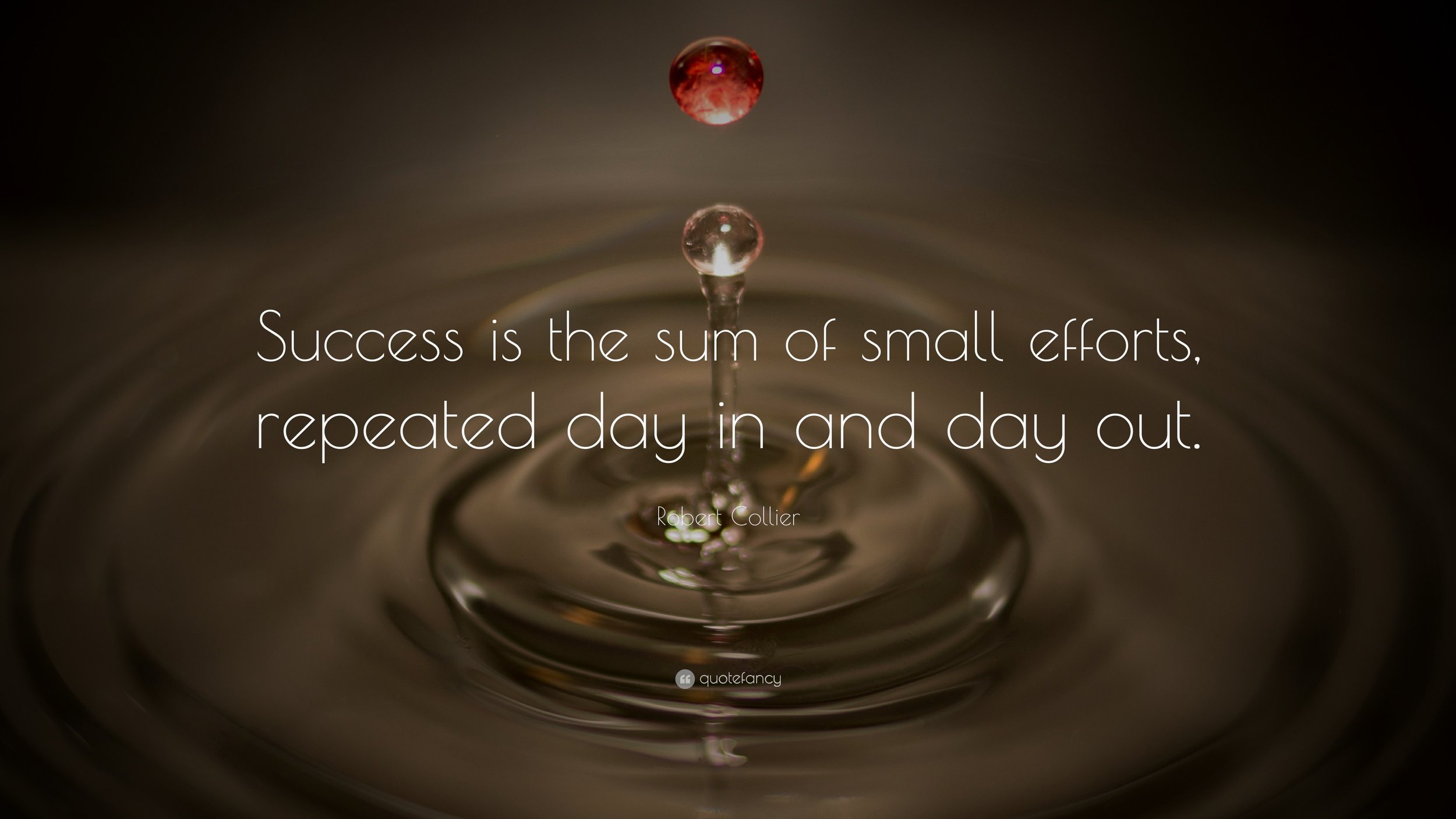
Making Relationships Work: Love Maps
Love Maps are a basic way of getting to know someone and in the case of longer-term relationships, a way of finding out new things about someone or discovering that things may have changed since you last talked about them. While love maps were developed for married couples, they can be used to build closeness in any relationship, like getting to know a new friend!

Academic Burnout
The difference between the typical stress of the adjustment period of starting a new school year and burnout is how long these symptoms accumulate without adequate strategies or support for coping with the stress. If people are not able to successfully cope, they can end up suffering mentally, physically, and emotionally for months or years on end, which is not sustainable to our wellbeing.

6 Things Your Therapist Wishes You Knew
To help improve your therapy experience, we have come up with a list of some things that our therapists would like you to know about the therapy process at Champaign Counseling.
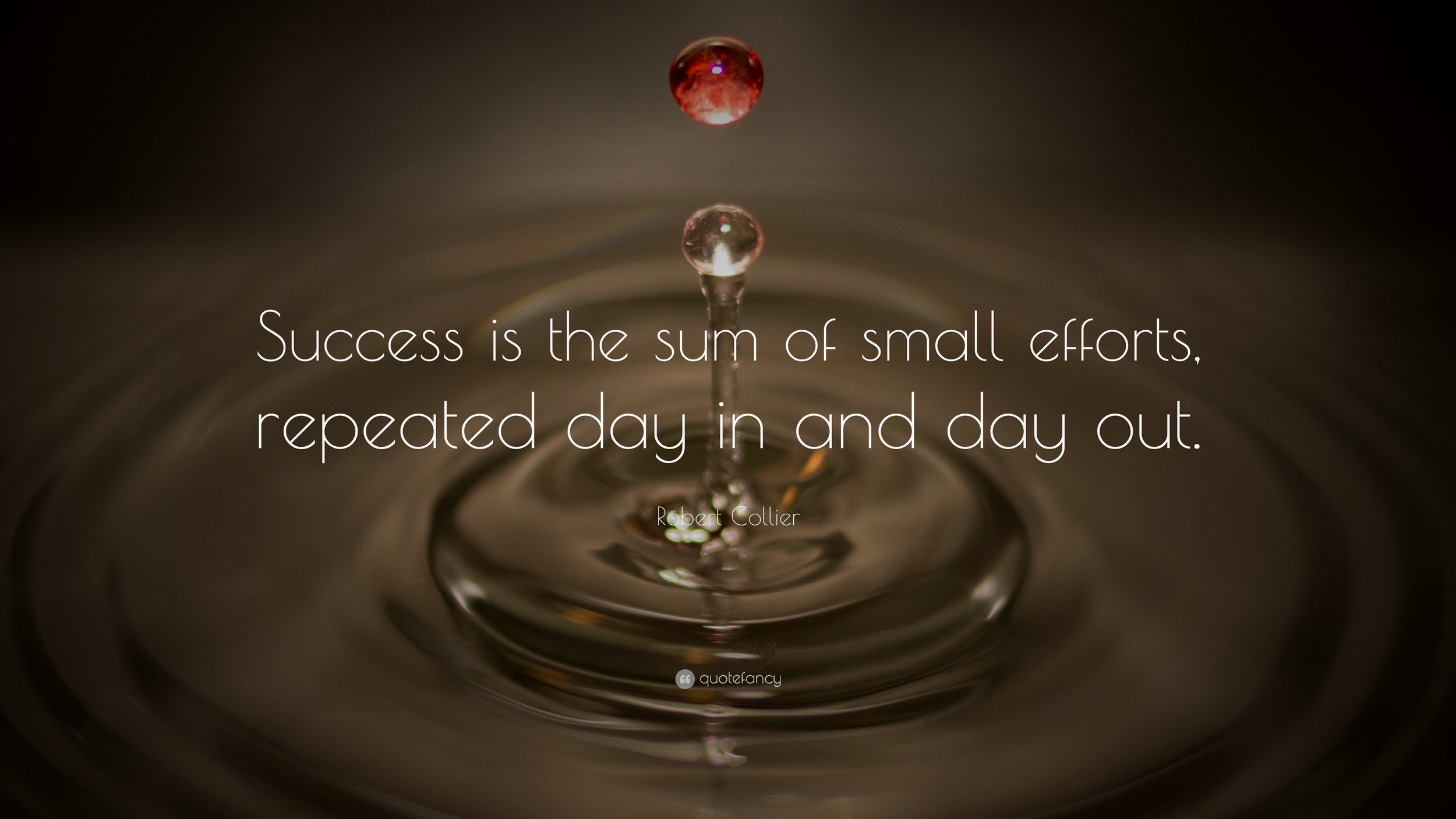
You’ve Heard of Fight or Flight… But What About Freeze?
Fight, Flight, and Freeze are the three responses that are biological instincts to protect us when our lives are in danger. However, what we find sometimes is that we experience fight, flight, or freeze even when there is not a threat to our lives.
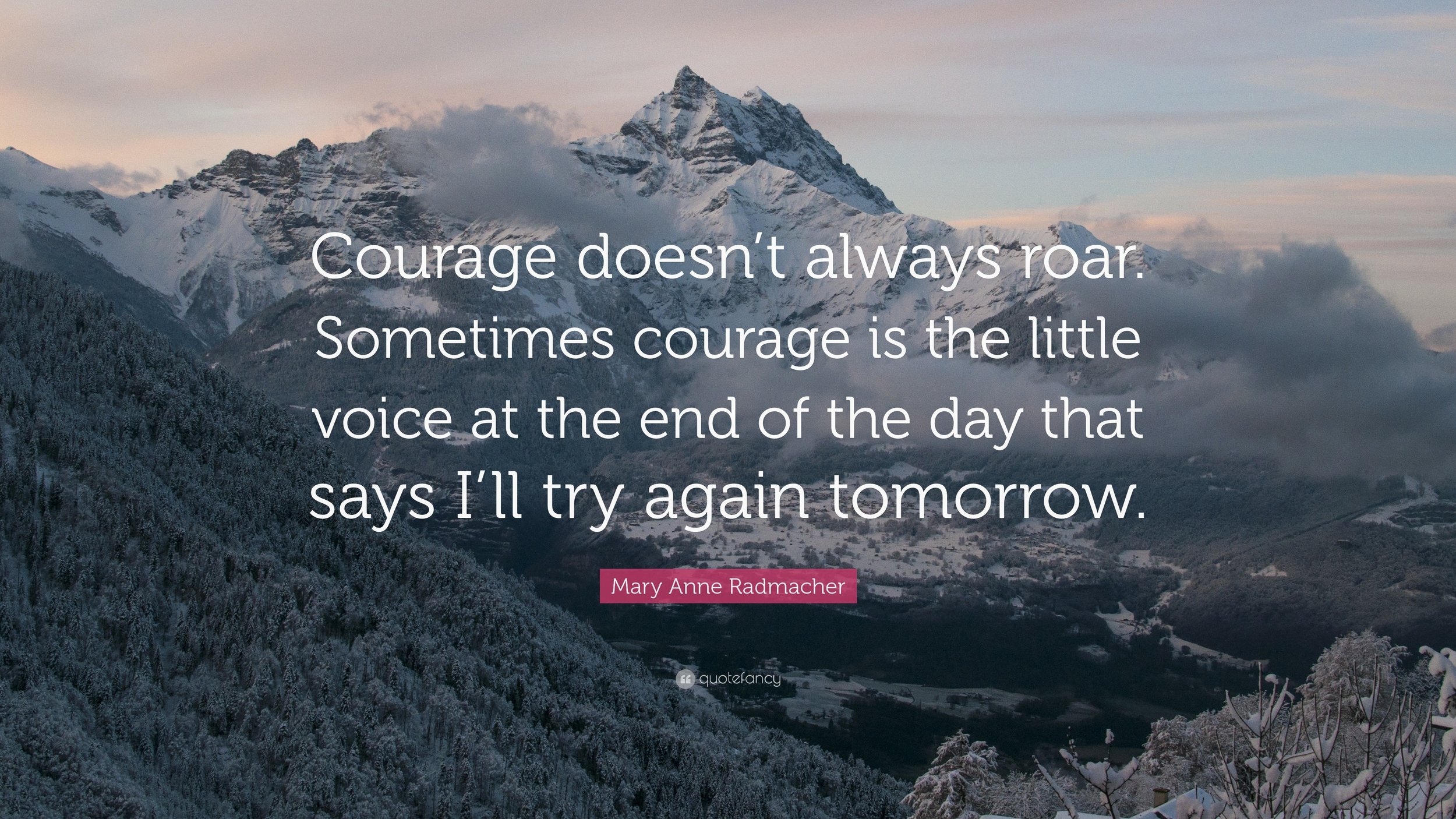
So You Want Mental Health Treatment
Mental health treatment is different for everyone, and people often feel overwhelmed trying to figure out where to begin. Outpatient therapy is a great place to start, and you and your therapist can work together to figure out if that is the right course, or if you need a higher level of care.

Supporting Your Freshman as They Leave for College
You don’t need to fix or rescue your child from this situation. They got this. More than anything, they need you to believe they can handle anything that comes their way.

It’s Not Anxiety, It’s Medical Trauma
Medical trauma can cause a person to feel helpless and often hopeless. These emotions are certainly understandable. Taking care of your mental health and learning to advocate for yourself in the medical system can be empowering.

How To Talk To Kids About Anxiety
Young people need to understand anxiety is our brain's way of checking to see if we are okay, not to tell us that we aren’t okay.

8 Questions to Ask Your Therapist
Therapists expect clients to have questions about therapy when they come to a session, especially if this is their first time in therapy.

Dangers of Overparenting
Parenting well can feel like trying to hit a moving target. Parental involvement and responsiveness have been linked to child success, yet too much of either can have detrimental effects to children. So how do you know how much involvement and responsiveness is too much?

Is it Anxiety or Undiagnosed ADHD?
Your therapist may overlook ADHD if not taken any continuing education classes related to how ADHD presents in adults, which is much different than in children.
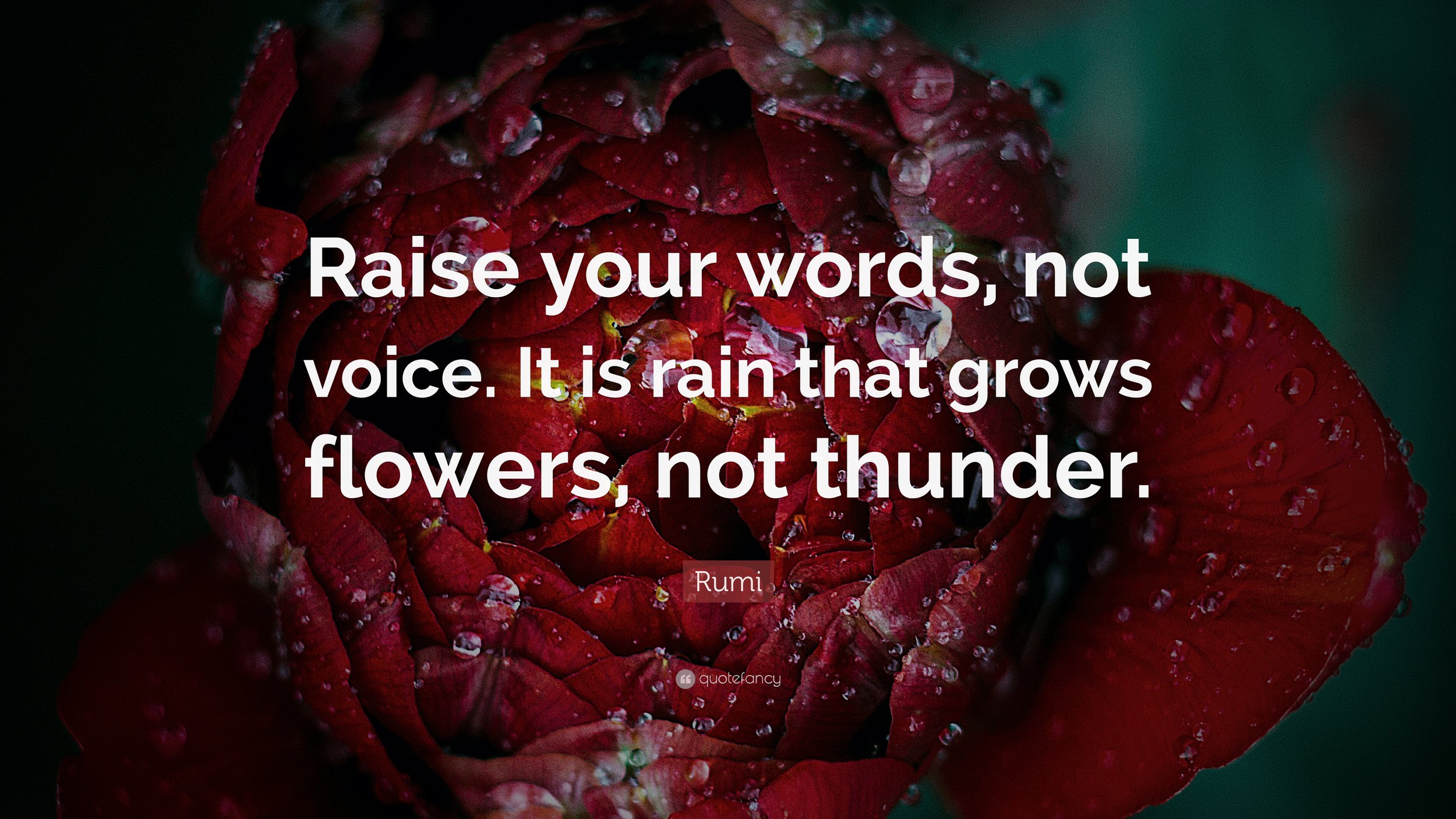
Non-Violent Communication
Often, when we are having trouble communicating with others, we resort to our worst tendencies and leave interactions feeling frustrated, hurt, and confused.
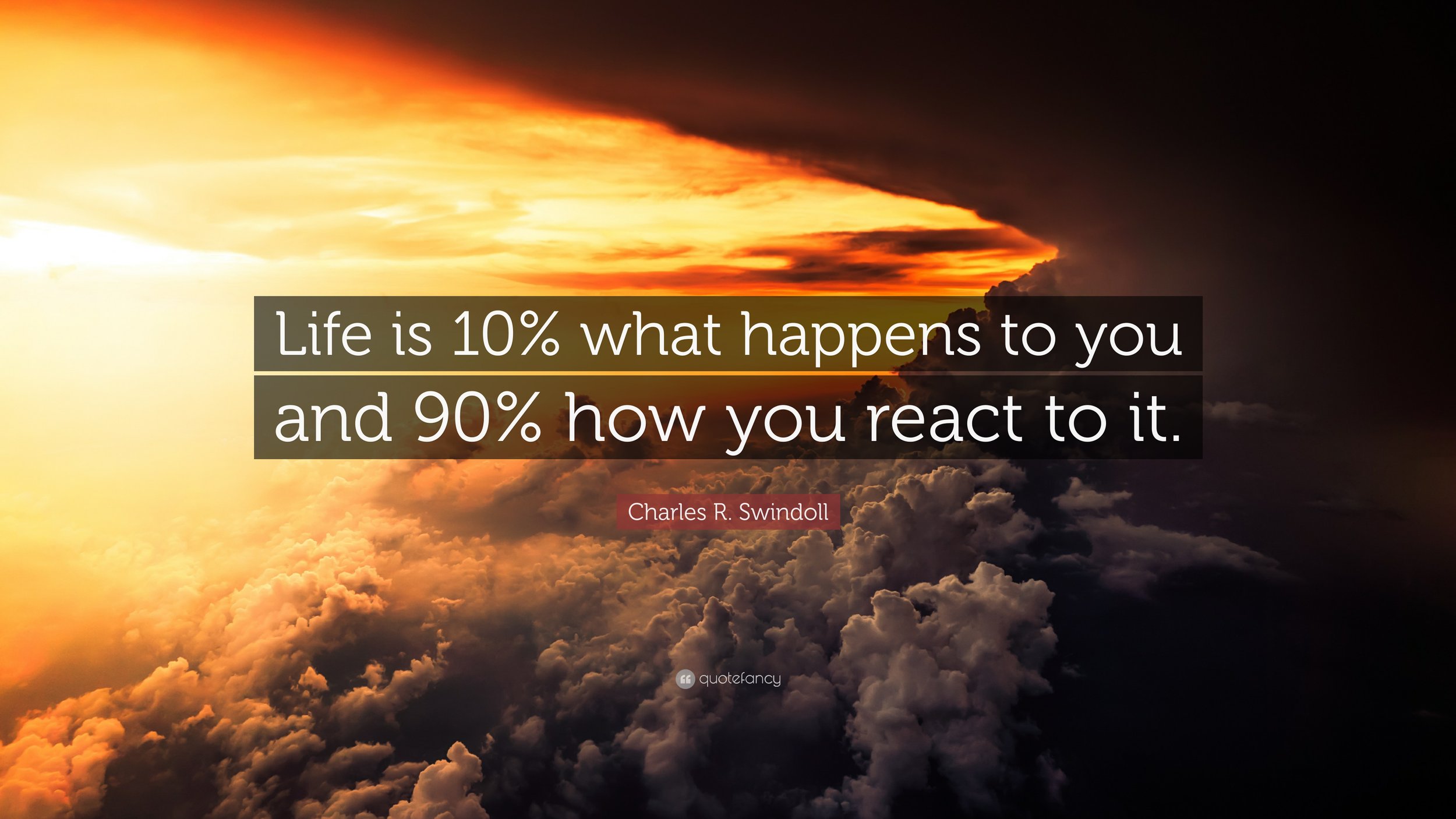
Trauma and Need
When someone has experienced a traumatic event, depending on what the event was and what else was going on at the time, the person might completely change some of the ways that they interact with the world.
